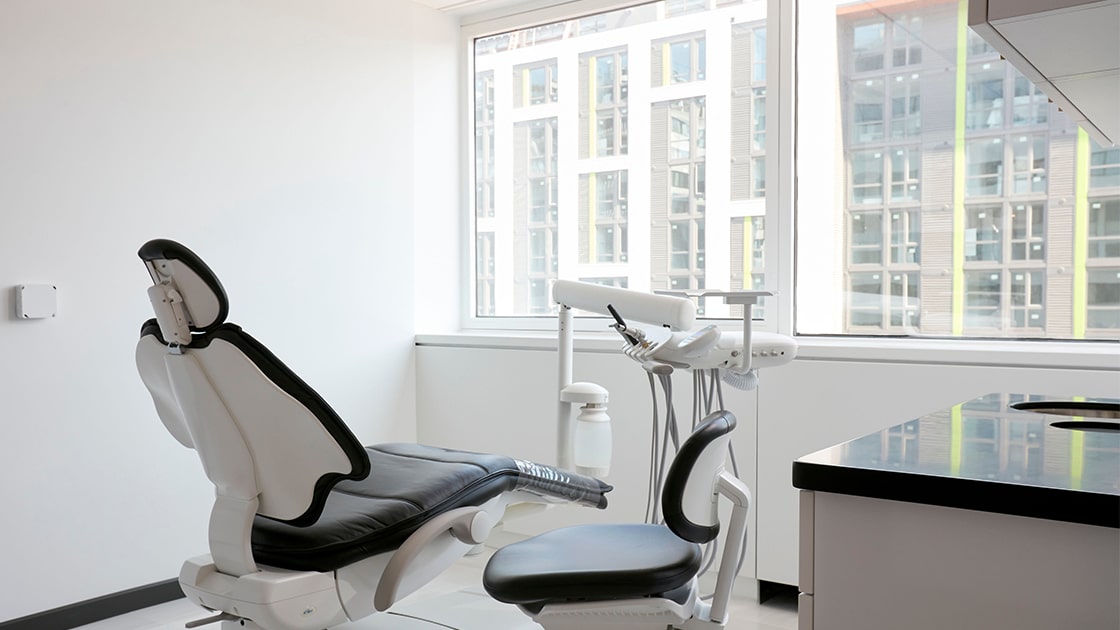
Root canal treatment, also known as endodontic treatment, is needed when an infection reaches the center of a natural tooth, usually as a result of decay or damage. The tooth’s pulp is sensitive because it is rich with blood vessels, nerve endings, and connective tissue, which is why infections and inflamed tissues of this area are particularly painful. If the pulp of a tooth is infected and it is not treated, the infection can spread to surrounding tissues and abscesses often form. Deep decay, along with other factors, can lead to such infections.
The goal of a root canal is saving teeth. This is important because whenever a tooth is extracted, bone density in the jaw is impacted. The roots of our teeth stimulate the growth and retention of jaw bone tissue; when the roots are removed, bone loss occurs. This can result in a weakened bite, changes to facial structures, and the movement of remaining teeth. For this reason, root canals are preferable to simple extraction. If the pulp becomes inflamed or infected, removing it through root canal therapy can prevent further complications.
To determine whether root canal therapy is needed, we will conduct an oral exam using cutting edge technology and ask you about your symptoms. Then, we will take an x-ray to look for signs of infection inside the tooth and to see if it has spread to the surrounding bone. Repeated dental procedures can also contribute to the need for a root canal.
Contrary to popular belief, the root canals used to treat this type of infection are not painful––techniques for endodontic treatment have advanced to make the procedure less uncomfortable, and we use local anesthetic to make sure you’re not able to feel the work we do. Getting a root canal is no more painful than getting a filling for a cavity. In fact, putting off treatment and not getting a root canal when you need one is much more painful than the root canal itself! The pulp inside the tooth is a soft tissue.
Frequently Asked Questions
Signs of infection severe enough to require a root canal include:
- Serious teeth pain when eating or when you put pressure on the area
- Teeth pain and sensitivity to hot or cold that lingers even after the hot or cold stimuli have been removed
- A small, pimple-like bump on the gums near the area of teeth pain
- It is very common to not have any symptoms at all
- What is the alternative to a root canal?
The only alternative to a root canal procedure is having the tooth extracted and replaced with a bridge, implant, or removable partial denture to restore chewing function and prevent adjacent teeth from shifting.
